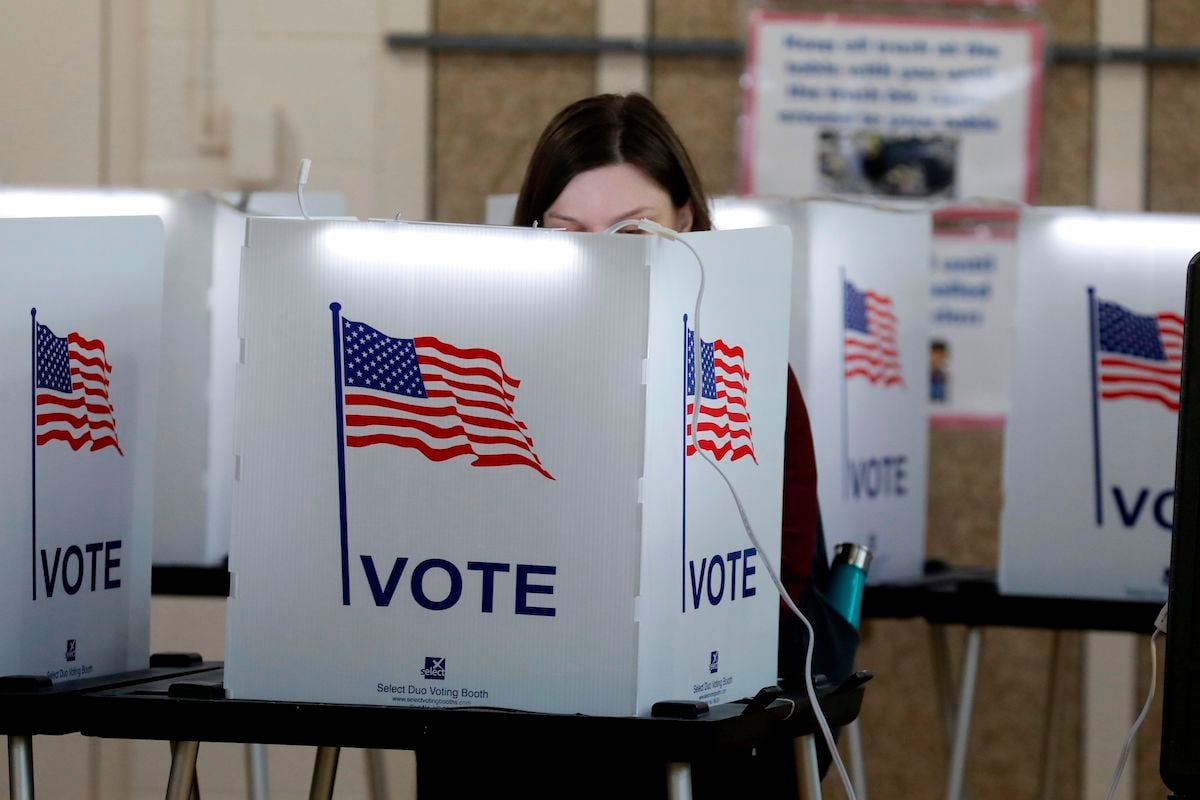There are many state governments and leaders that want as few people to vote as possible—well, as few BIPOC and other historically marginalized groups, that is. Republicans support this sort of disenfranchisement because when those groups vote, Republicans lose. This sort of voter suppression plays out in many ways: closing polling locations, gerrymandering, and in some cases, denying certain groups, like convicted felons, the right to vote entirely.
This was the case in Florida until recently, where felons were not allowed to vote until the passage of Amendment 4 in 2018. That amendment, passed with 65% support by Florida voters, cleared the way for felons to regain the franchise, except for those who had been convicted of the most serious crimes, like murder and felony sexual offenses.
Over 85,000 felons registered to vote after the law went into effect in January of 2019, which is a huge bloc of voters, but things wouldn’t be so easy. Also in 2019, Florida Governor Ron DeSantis signed a law that would limit the reach of Amendment 4 by saying that before being eligible to vote, felons would need to pay fines, fees, and restitution owed—and Florida, being Florida, had no central system to track that.
That’s bad on many levels and stood in the way of these voters being able to actually register and make it to the polls, and a Federal District Judge, Robert Hinkle, agreed, calling the system an “administrative nightmare.” He also found that the requirement to pay these fees amounted to tax on voting, which is, to use a legal term of art … super-duper unconstitutional, with a racist history on top! Hinkle’s order said the fee payment requirement was unconstitutional, but the U.S. Court of Appeals for the 11th Circuit in Atlanta temporarily blocked that order with a stay in July.
Today, the U.S. Supreme Court declined to undo the 11th circuit’s stay Hinkle’s order. But what does that mean?
Basically: hurry up and wait. The Supreme Court ruling was not a decision on the merits of the case, nor was the 11th circuit’s stay. The Supreme Court declining to intervene here means more waiting as the case goes through the 11th circuit for full hearings and appeals. It’s very frustrating, but not uncommon, because most legal challenges and cases like this do take forever.
Because this case is now going back to the courts and the fight for immediate, temporary orders is over, this means that it is most likely that we won’t get a ruling on the merits for a long time. The 11th Circuit is set to hear arguments in this case on August 18th, and who knows when they will rule? No matter who wins in the court of appeals, this would likely get appealed to the Supreme Court, and they wouldn’t rule or hear arguments for a very long time, so it could be summer of 2021 before this is finally decided, or longer. So, yes, this will have the effect of keeping people from voting in this November’s election.
The justices in favor of this decision, in making this ruling, relied on a relatively recent doctrine called the Purcell Principle, which comes from the cases of Purcell v. Gonzalez and means that the highest court shouldn’t rule or undo orders that might cause confusion regarding an election: “Court orders affecting elections, especially conflicting orders, can themselves result in voter confusion and consequent incentive to remain away from the polls. As an election draws closer, that risk will increase.”
This was met with dissent from three members of the court (Justices Sonia Sotomayor, Elena Kagan, and Ruth Bader Ginsburg), with Justice Sotomayor writing that this “prevents thousands of otherwise eligible voters from participating in Florida’s primary election simply because they are poor.” As they have in the past, the Supreme Court is again failing to stand up for voters based on some pretty wish-washy and cowardly reasoning.
This system where felons need to pay their fees (if they can find out how) before being allowed to vote seems plenty confusing in and of itself, but now that the court has declined to step in, there’s not much else to be done. Unfortunately, the fight for voters’ rights will continue to play out in an agonizingly slow and confusing way.
(via Washington Post, image: JEFF KOWALSKY/AFP via Getty Images)
Want more stories like this? Become a subscriber and support the site!
—The Mary Sue has a strict comment policy that forbids, but is not limited to, personal insults toward anyone, hate speech, and trolling.—










Published: Jul 16, 2020 05:10 pm